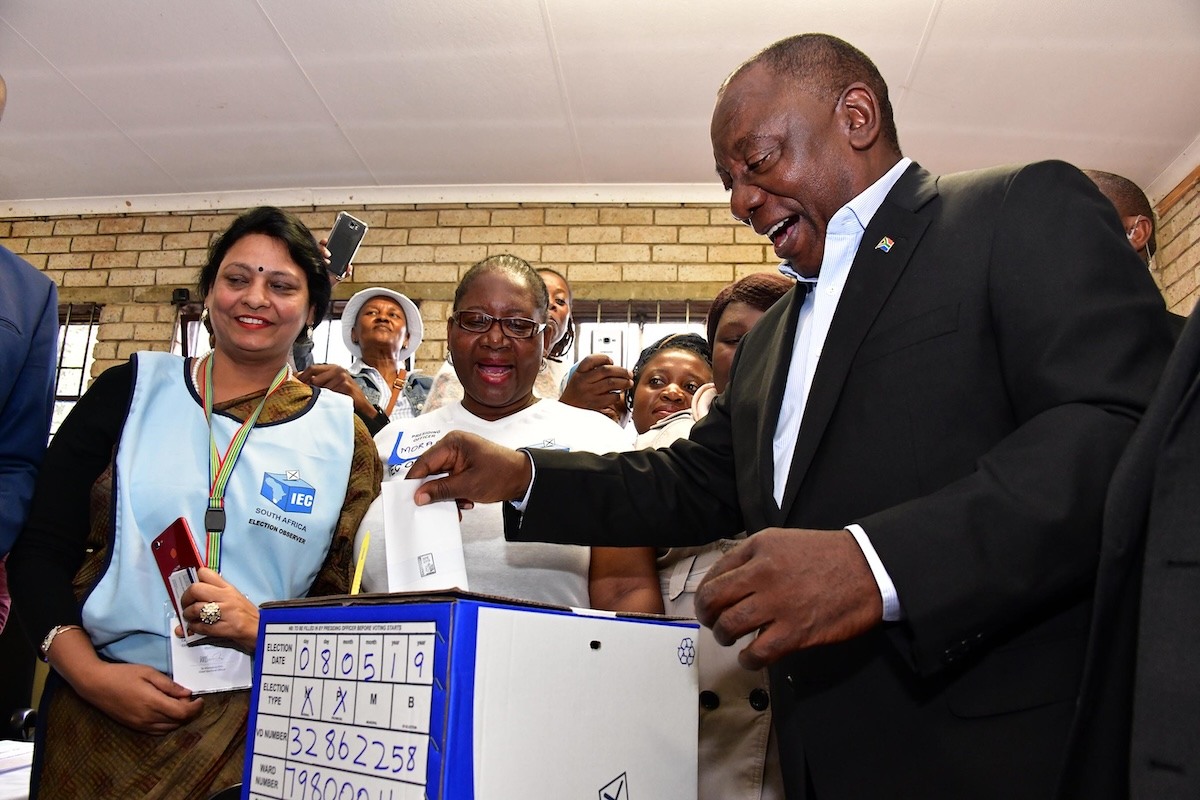Inclusion of independent candidates
The Electoral Amendment Act 1 of 2023 allows for the inclusion and nomination of independent candidates as contesters to elections in the National Assembly and provincial legislatures for the first time.
The Act sets out the requirements that must be met by persons who wish to be nominated as independent candidates, as well as the obligations they must fulfil under the Electoral Code of Conduct.
The amendment of the Act follows a judgment handed down by the Constitutional Court in June 2020, which found that it was unconstitutional that election to the National Assembly and provincial legislatures may only be attained through membership of political parties.
The Constitutional Court ordered Parliament to remedy the legislation, which resulted in the amendment bill. The bill went through extensive public consultations, prompting Parliament to request two deadline extensions from the Constitutional Court. The final deadline for Parliament to pass the bill was 28 February 2023.
On 23 February 2023, the National Assembly passed the Electoral Amendment Bill . The Electoral Amendment Act became law in June 2023.
Allocation of seats
A second aspect of the Act is the revised formula for the allocation of seats and their re-allocation in the event of vacated seats.
The amendment will not impact the two-tier multimember compensatory proportional system, so there is no change to South Africa's electoral system.
The 400 seats in the National Assembly, which is the maximum set by the Constitution, are retained. Of these, half are reserved for the national list (to be contested only by political parties), and the remaining half are divided among the nine provinces (contested by parties and independent candidates).
In the national elections, independent candidates will contest the 200 regional seats alongside political parties, while the other 200 seats will be compensatory to bring back general proportionality for political parties. An independent candidate can only occupy one seat, even if they contest in multiple regions.
In provincial legislatures, there are between 30 and 80 seats. The Electoral Commission is responsible for determining the number of seats before every national and provincial election based on the size of the population in each province.
Enjoy the April 2024 edition of Public Sector Leaders:



.svg)












